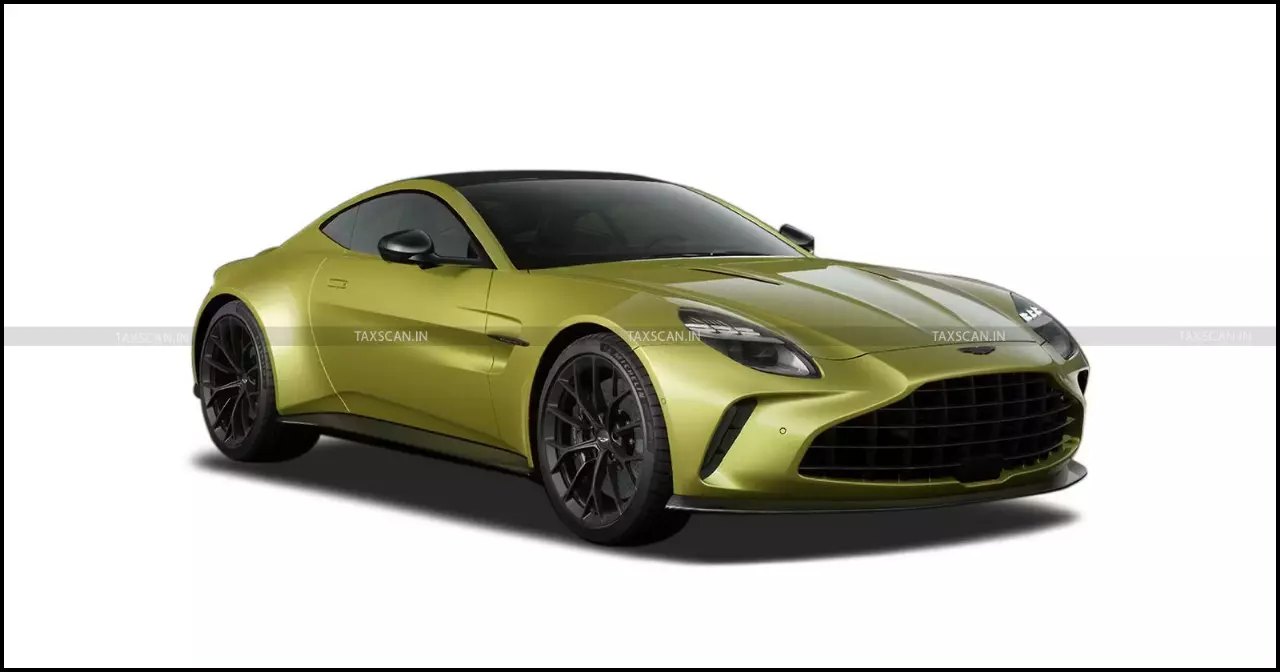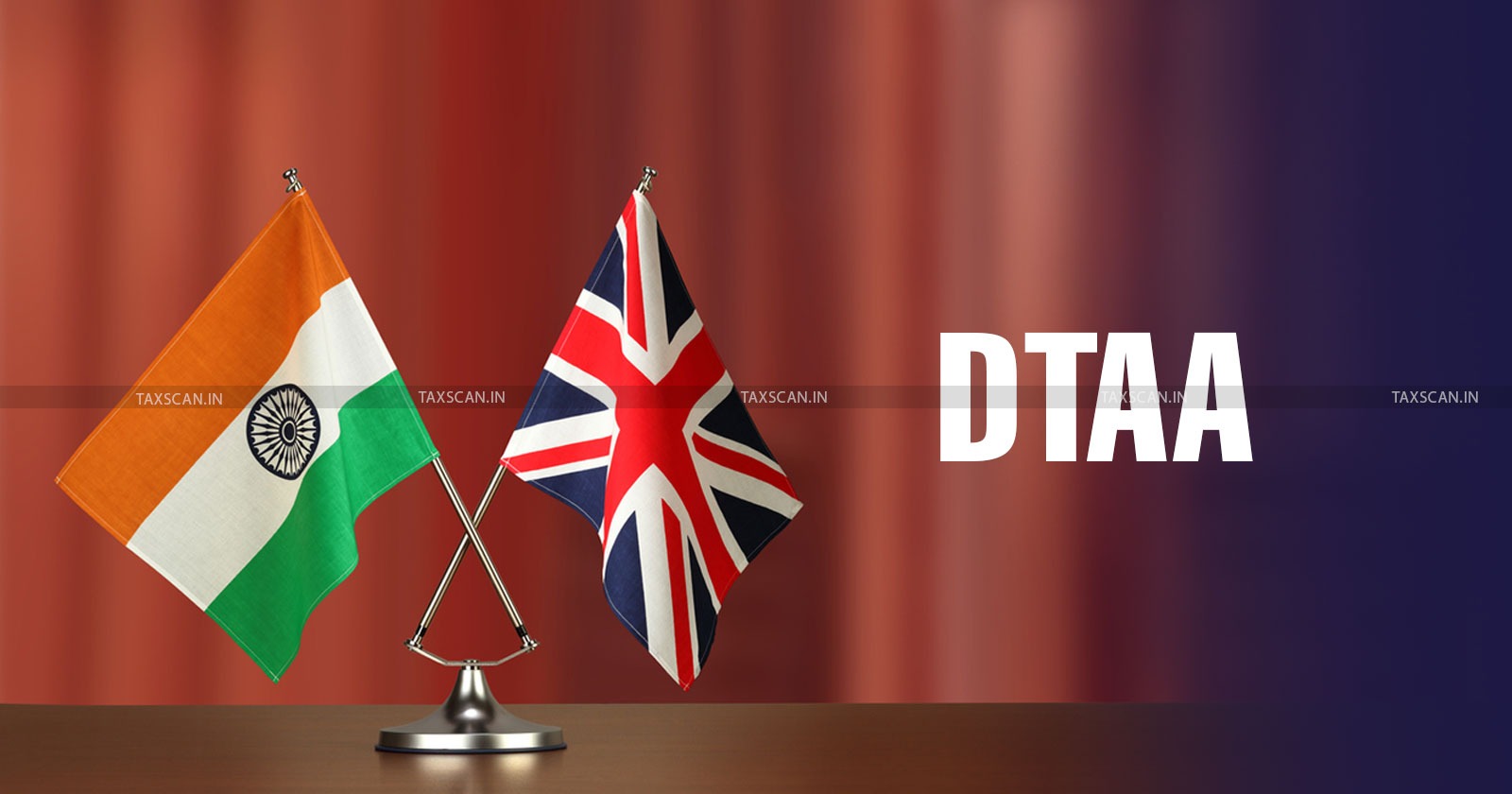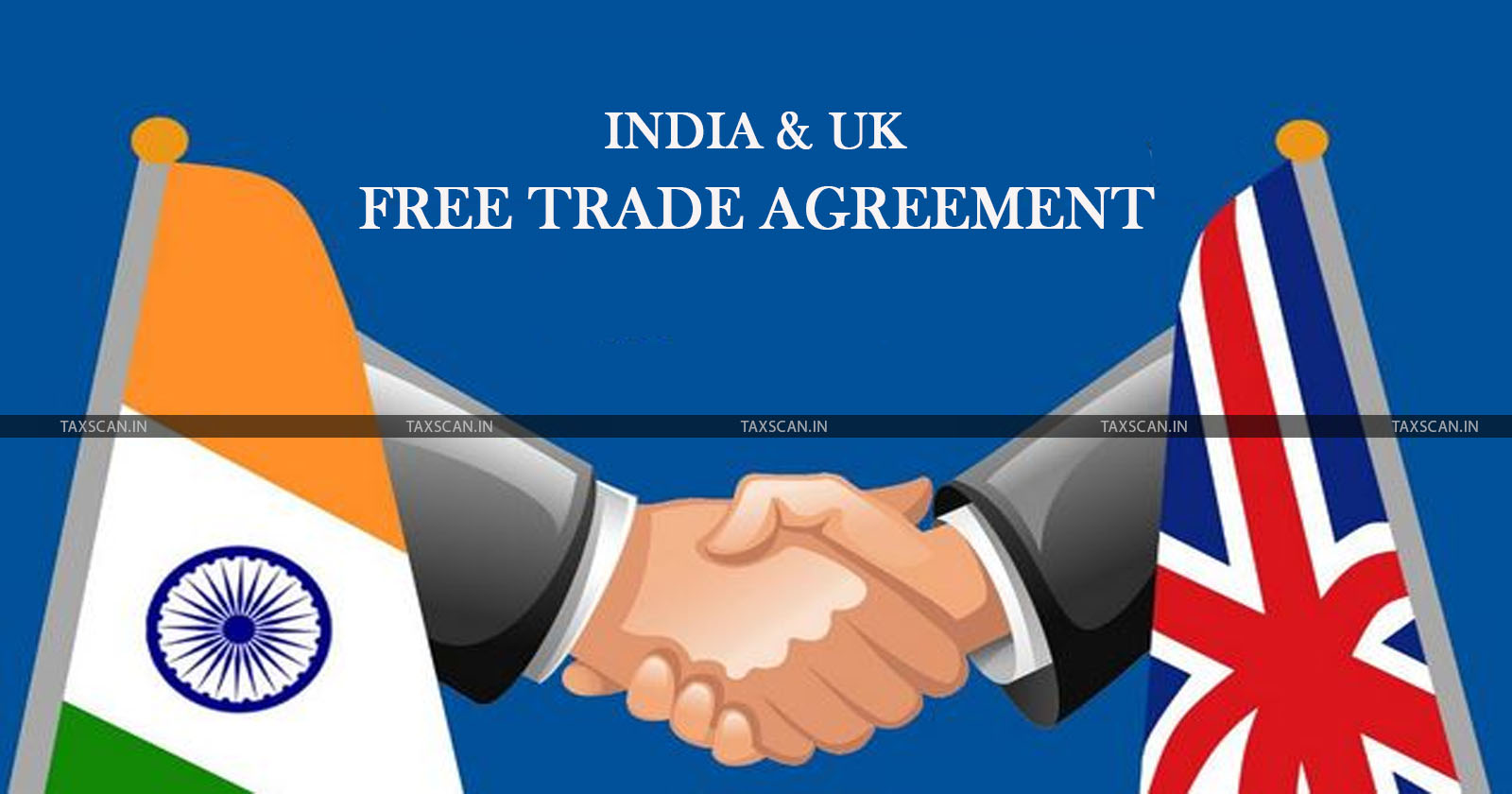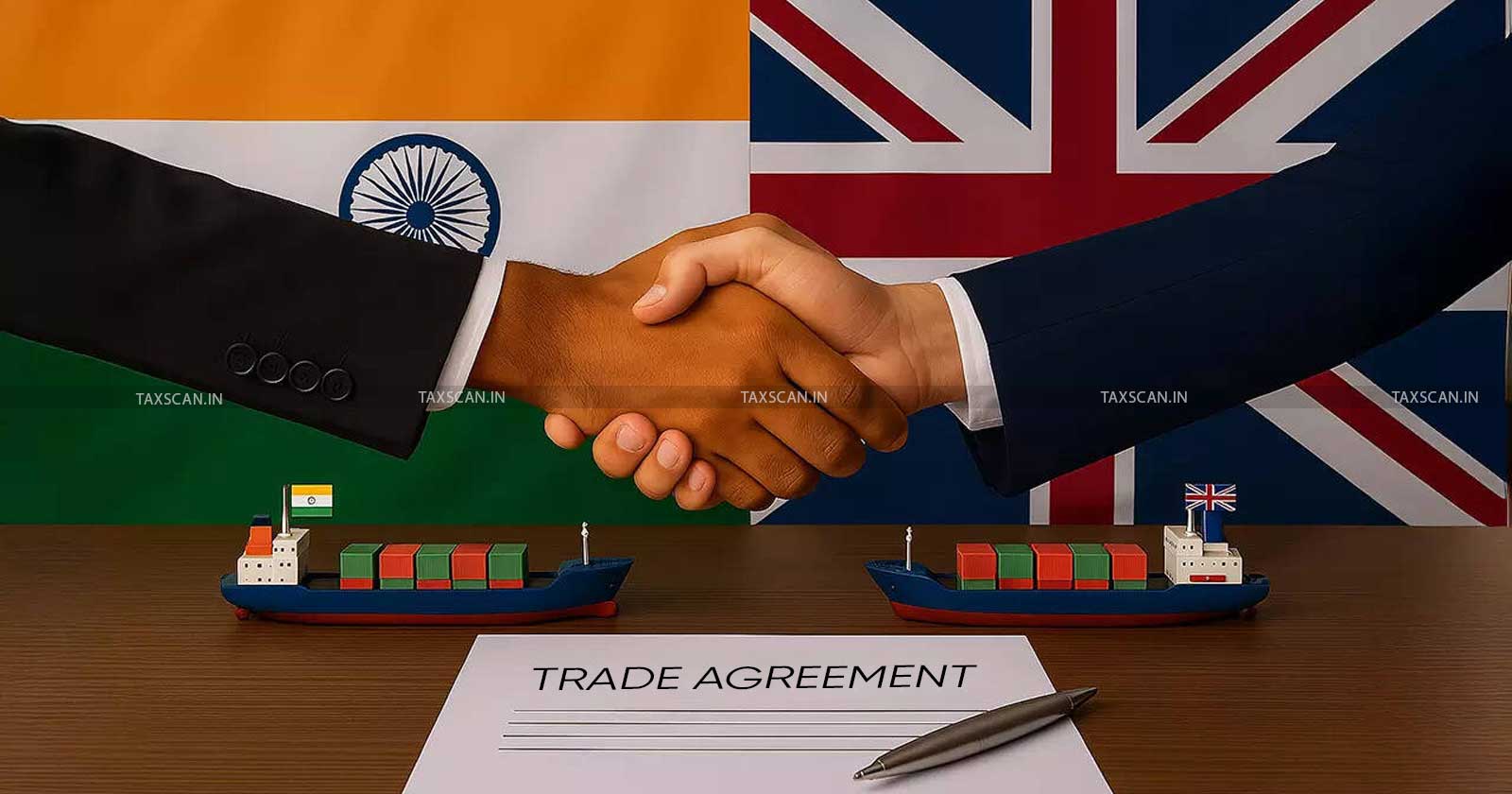Maybe a Bentley… or an Aston Martin? A Rolls Even? UK-Origin Cars to Get Cheaper as Import Tariffs to Drop to 10% via FTA with India
The Multi-Billion Dollar Free Trade Agreement is slated to make trade easier by cutting tariffs or taxes on a number of consumer goods

Luxury car enthusiasts may rejoice, as UK-origin cars are set to get significantly cheaper in India, courtesy of a landmark Free Trade Agreement (FTA) between India and the United Kingdom.
Announced in the presence of Prime Minister Narendra Modi and his British counterpart Keir Starmer, the Comprehensive Economic and Trade Agreement (CETA) promises to slash import tariffs on select UK-manufactured cars from the current levels of up to 110% to just 10%, however with stringent quotas and over a progressive timeline.
The FTA between both nations was signed following successful negotiations concluded on May 6, 2025 and has quite naturally triggered notable excitement across segments of Indian consumers, particularly among those with a penchant for ultra-luxury marques such as Rolls-Royce, Bentley, Aston Martin and offerings from Jaguar Land Rover.
Rolls-Royce is headquartered at Goodwood near Chichester in West Sussex, while Bentley calls Crewe, Cheshire home as its historic base of production. Aston Martin’s global headquarters and manufacturing operations are located in Gaydon, Warwickshire, all with their own engineering heritage and prestige towards the UK's luxury automotive legacy.
Comprehensive Guide of Law and Procedure for Filing of Income Tax Appeals, Click Here
The trade agreement signifies a win for British automakers as well, since new models especially those imported as Completely Built Units (CBUs) are set to become notably more affordable for Indian buyers.
As things stand, the benefits shall not be universal since only a select number of vehicles shall receive the benefits of the reduced tariffs through a tightly controlled quota system for each year. Once the allocated quota is over, the higher tariffs that were existent before the FTA are set to continue.
For flagship luxury cars with petrol engines exceeding 3,000cc or diesel over 2,500cc, import duty shall fall from 110% to 50% in the first year of the FTA, and then shall be halved again to 25% in year two, ultimately reaching 10% by year five.
The quota for these vehicles starts at 10,000 units annually and rises to 19,000 by the fifth year of the agreement before settling at 7,500 units from the fifteenth year onwards. The government has also announced more modest concessions have for imported cars with smaller engines, whose supply is also governed by quotas.
Do all Kinds of Vehicles receive the Benefits?
These tariff reductions will bypass electric, hybrid, and hydrogen-powered vehicles entirely for the first five years as part of India’s intent to preserve its domestic clean-tech ambitions. Only high-end electric vehicles, priced above £80,000 will join the concession list from year six, with similar unit quotas. Notably, the famous Land Rover Defender - a recent favourite among aficionados which is built outside the UK still attracts regular CBU tariffs unless the company shifts to local Indian assembly.
Comprehensive Guide of Law and Procedure for Filing of Income Tax Appeals, Click Here
The news of the FTA has been met with mixed reactions from the Indian market. Some consumers who were looking to purchase UK-origin cars have deferred their purchase and some have even cancelled their bookings, as they intently eye the price reductions once the FTA is passed by the UK Parliament, likely within the coming year.
 Also Read:Receipts Not Qualify as FTS if No Technology Transfer: Delhi HC Rules Income Not Taxable Under India-UK DTAA [Read Order]
Also Read:Receipts Not Qualify as FTS if No Technology Transfer: Delhi HC Rules Income Not Taxable Under India-UK DTAA [Read Order]
The Road Ahead for India-UK Vehicle Trade
Industry insiders suggest the overall car market could be transformed if annual quotas such as the initial 20,000-unit limit are fully utilized. Many carmakers may even consider establishing manufacturing bases in the UK simply to capitalize on preferential Indian market access under this historic FTA.
Will Indian carmakers stand steadfast in light of this apparent UK invasion? Or will it give way? Let’s wait and watch.
Support our journalism by subscribing to Taxscan premium. Follow us on Telegram for quick updates




